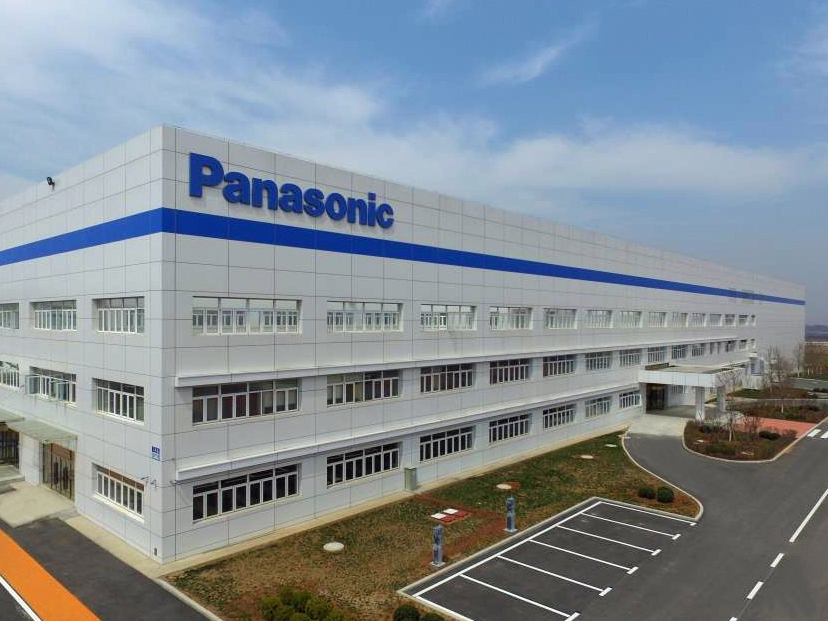Toyota Motor Corporation and Panasonic are combining resources in a joint venture to produce electric vehicle batteries that will begin in 2020, according to a report published by Nikkei Asian Review. To compete with Chinese players rapidly growing into the EV arena, five Panasonic battery manufacturing facilities in Japan and China will be made part of the new partnership to boost their production to reach 50 times the current capacity. The pooling of resources could provide both companies with much-needed network resources to increase their EV market presence.
The two Japanese manufacturing giants already have experience in collaboration with one another – Primearth EV Energy is their venture producing batteries for Toyota and Honda hybrid vehicles. This new collaboration will first aim to ramp up production and triple Toyota’s annual EV sales to 5.5 million by 2030, but it will also work to develop next-generation high-capacity solid-state lithium batteries, a goal needing plenty of capital and access to top talent. The company’s electric vehicle partner Mazda Motor and subsidiaries Daihatsu Motor and Subaru may be initial recipients of the newly produced batteries, with Panasonic-supplied Honda Motor on the wish list for product adoption.
A partnership deal between Panasonic and Toyota was first reached in 2017. An official announcement may take place later this week according to Nikkei’s source.

As of 2017, about 60% of world’s lithium-ion batteries are made in China, and the government there is taking aggressive steps to expand on that number. Tesla’s red carpet treatment with its Gigafactory 3 is a testament to this, with limited land bids in their favor and even “green card” residency being offered to CEO Elon Musk. Toyota has not kept up with its Chinese and Volkswagen EV rivals in the market, thus a partnership enabling a widened resource network and customer reach opportunities seems to be part of a competitive strategy. The carmaker will reportedly own 51 percent in the new venture with Panasonic.
In addition to a quickly expanding presence in China, adding to Toyota’s EV woes in the country, Tesla has its own partnership history with both of the venturing companies in the battery and electric vehicle manufacturing arena. In 2010, Toyota purchased $50 million of Tesla stock as part of a vehicle-cooperation agreement which also included the development of a version of the Japanese automaker’s RAV4 model with a Tesla electric powertrain. Company culture clashes first sunk that part of the deal in 2014, and the full relationship drifted apart and ended in 2017 as a result of Tesla’s eventual emergence as a full-fledged Toyota competitor in the green car market, while the Japanese automaker focused on hydrogen cars.
Panasonic, on the other hand, continues to have a battery production agreement with Tesla, and may even be intending to double down on that partnership by bringing operations to a US-based location this year. Some US production – Model 3 2170 cells – is already done inside Gigafactory 1 by Panasonic, but the Model S and Model X cells are still made in the company’s Japanese factories. According to the Nikkei report, the new joint venture between the Japanese manufacturers will not include any of Panasonic’s Tesla cell producing factories.

